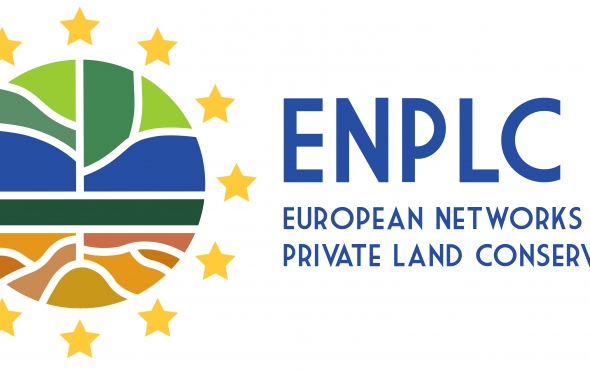General objective of the project
The main objective of the project is to improve the biodiversity of the Mediterranean forest through the integration of specific measures and innovative practices into forest planning and management instruments, and through new financing and compensation mechanisms. The aim is to make biodiversity enhancement compatible with the economic sustainability of forest management, guaranteeing the persistence of the stands and their adaptation to climate change.
Specific goals
- To improve the biodiversity of the most representative Mediterranean forests (pine forests and Quercus stands), making their environmental and socio-economic values compatible and fostering their capacity to adapt to climate change.
- To demonstrate the applicability of innovative forest management measures through fieldwork, the effect of which is defined in detail during the project.
- To develop new measures for enhancing forest biodiversity: (i) forest management models and manuals, including forestry concepts that are in touch with nature and criterion for preparing and establishing naturally evolving areas; (ii) the development and adaptation of a Potential Biodiversity Index adapted to the Mediterranean forest, which allows its state of conservation to be evaluated and measures to be proposed for its improvement.
- To develop innovative financing mechanisms (including quantification methods and land stewardship tools) to remunerate forest owners for loss of income caused by the implementation of practices to encourage biodiversity.
- To integrate the developed measures into regional policies and regulations governing Mediterranean forest management: (i) spatial and sectoral planning; (ii) forest ordinance instruments; (iii) guidelines for sustainable forest management.
- To pass on the developed techniques, indicators and measures to the main actors involved in forest management (owners, managers, forest administration, enterprises) in order to further their adoption.
- To disseminate the results to specific actors and raise awareness among society of the importance of enhancing biodiversity through sustainable and multifunctional forest management, preventing rural abandonment and fostering dynamic forests capable of generating ecosystem services (renewable products, recreation, landscape, soil and water protection, carbon storage) and providing habitats for a resilient and diverse ecosystem.
Planned actions
- Preparatory measures: Holding meetings with the owners of the selected stands and signing agreements for action; defining and aligning baseline biodiversity indicators; making an initial diagnosis of each stand, designing conservation measures and forestry interventions; and analysing innovative financing mechanisms.
- A compensatory measure for landowners by way of use rights.
- Conservation measures: Innovative management models for improving biodiversity and preparing for natural dynamics in Mediterranean forests dominated by Quercus ilex, Quercus humilis/faginea and Pinus halepensis; the application of the Potential Biodiversity Index and specific conservation measures; and the integration of biodiversity enhancement measures into regulations and policies governing the management of Mediterranean forests.
- Measures for monitoring the project’s impact: The creation of an expert advisory committee; evaluation of the areas concerned and those selected for natural dynamics from the perspective of forestry, biodiversity and other ecosystem functions; socioeconomic evaluation of the project as well as its progress; and economic valuation of the implementation of measures for the improvement of biodiversity and the design of compensation mechanisms for owners.
Expected results
- 208 ha of demonstrative stands between Catalonia (Spain) and Occitanie (France), in which innovative forest management is applied to enhance biodiversity, in the four main types of Mediterranean forest: holm oak (Quercus ilex – HIC9340); Aleppo pine (Pinus halepensis – HIC9540), sub-Mediterranean oak (Q. humilis, Q. faginea and Q. canariensis – HIC9240); and cork oaks (Q. suber – HIC9330 in Occitanie), in different geographical areas. Out of this area, 48 ha are consistent with exemplary stands, selected for natural dynamics due to their stage of maturity.
- The implemented management models enhance biodiversity indicators and reduce competition and water stress, increasing the growth and vitality of forests, as well as their resilience, thus fostering their adaptation to climate change.
- Development of silvo-environmental compensation measures, including a methodology for calculating economic impact and the development of compensation mechanisms and their financing.
- Development of tools and indicators to integrate biodiversity enhancement into forest management: development of a Potential Biodiversity Index for Mediterranean forests and preparation of six technical guides and six technical-scientific articles to foster the adoption of these practices.
- New tools and models transferred to the forestry sector in order to apply a new form of management that fosters the conservation of such habitats: their incorporation into three different regulations, forest management and planning instruments in Catalonia; and at least 350 participants in the following activities: specialisation courses, instructive seminars and conferences, networking activities and a final seminar.
- Increased awareness among forest owners, managers and the general public of the issues addressed and the solutions provided by the project.





